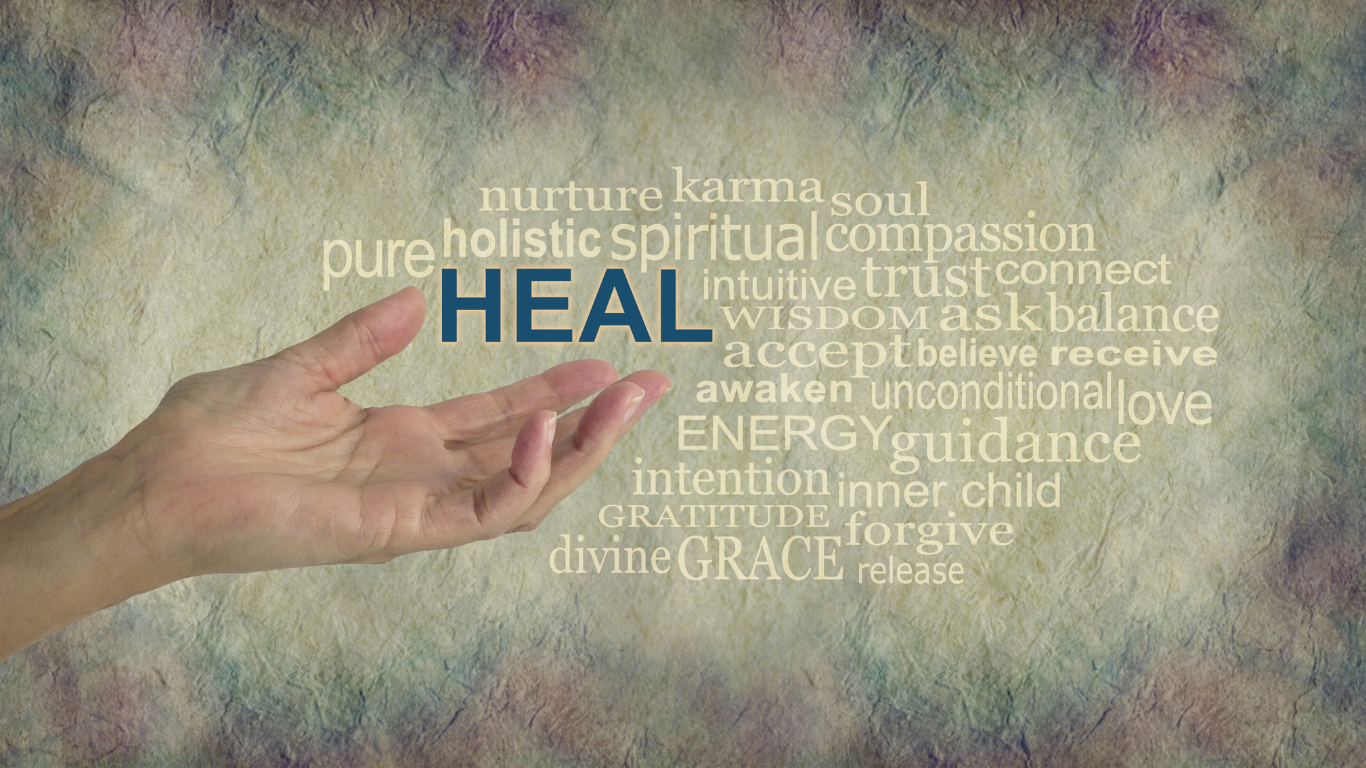
Addressing trauma is important for many reasons, including:
- Mental Health: Unresolved trauma can lead to anxiety, depression, and emotional difficulties. By dealing with trauma, you can improve your emotional well-being and regain balance in life.
- Physical Health: Trauma can cause stress in the body, leading to physical issues like chronic pain, heart problems, and other illnesses. Healing trauma helps reduce the risk of these conditions.
- Relationships: Trauma can make it difficult to connect with others. When you address your trauma, you can improve how you relate to people and build healthier relationships.
- Breaking the Cycle: When left untreated, trauma can negatively affect you, those around you, and future generations. Healing yourself helps stop trauma from being passed down.
- Resilience: Facing and healing trauma makes you stronger and better equipped to handle future challenges with confidence.
Overcoming trauma is crucial for overall well-being, as it soothes and lessens the negative impact on mental, emotional, and physical health. Doing so also falls under the heading of restorative self-care.
Where much of our focus is centered on the mind—problem-solving, planning, and intellectual engagement—it is easy to become disconnected from the body’s innate wisdom. The body holds the key to deeper healing, resilience, and clarity, particularly in moments of stress or challenge. This is why developing a practice that emphasizes embodiment is crucial.
The Practice, as I call it, serves a three-prong purpose.
- Calming and Centering: You experience a centeredness that integrates your body, mind, and spirit. This inner calm helps you manage stress and anxiety, which is essential whether you’re transitioning into a leadership role or already operating at high levels of responsibility.
- Addressing Trauma: Whether you’ve experienced trauma directly, witnessed it, or inherited it from your ancestors, The Practice offers a pathway for processing and healing these wounds.
- Restorative Self-Care: Engaging in this practice cares for your whole being. It allows you to face life’s challenges with grace and poise, even in the most difficult moments.
You can incorporate The Practice into your daily meditation or whenever you feel a sense of disconnect. Or simply need to prepare yourself to connect.
